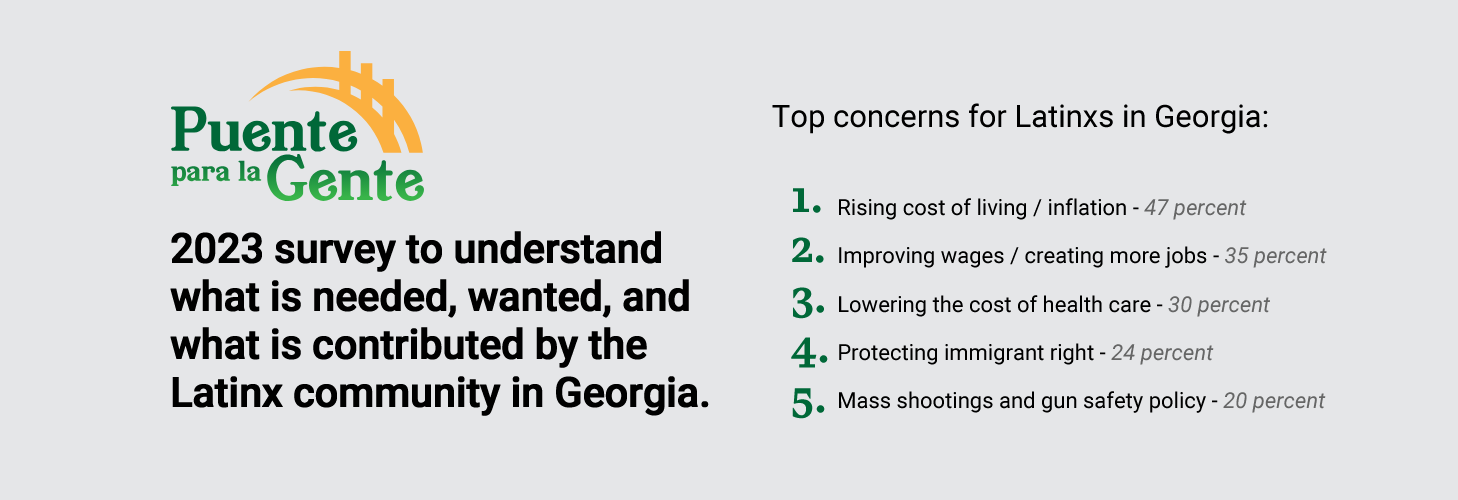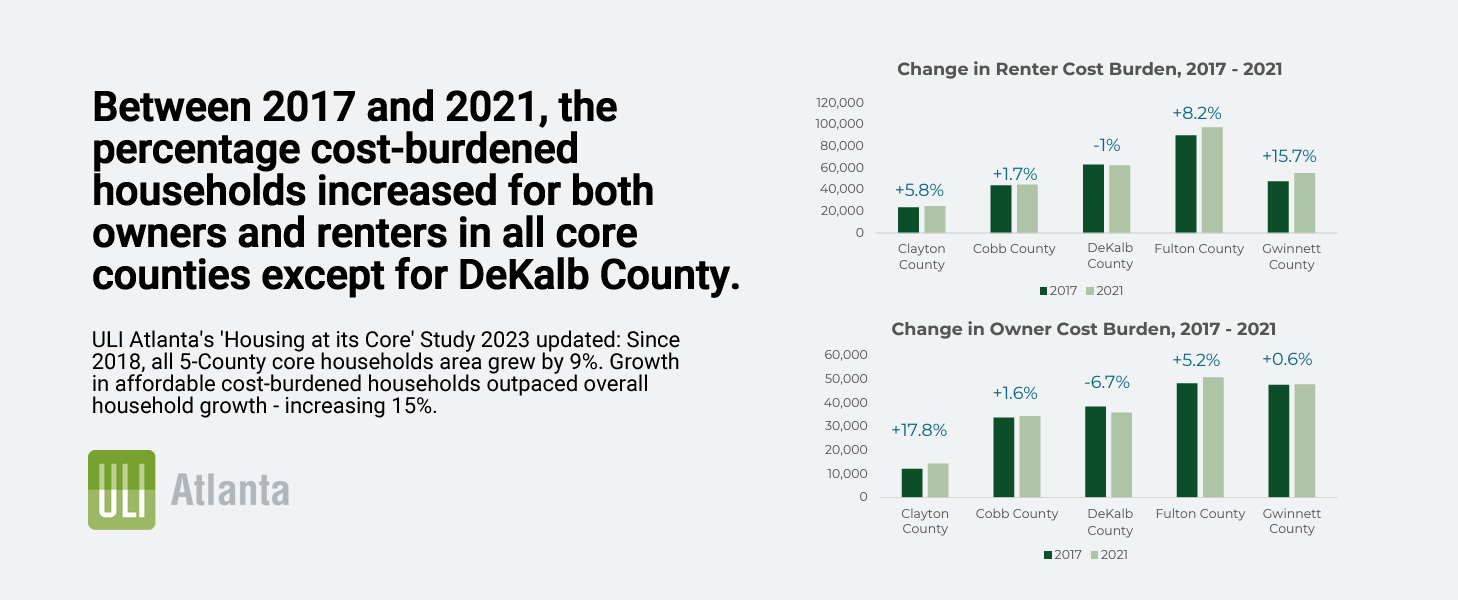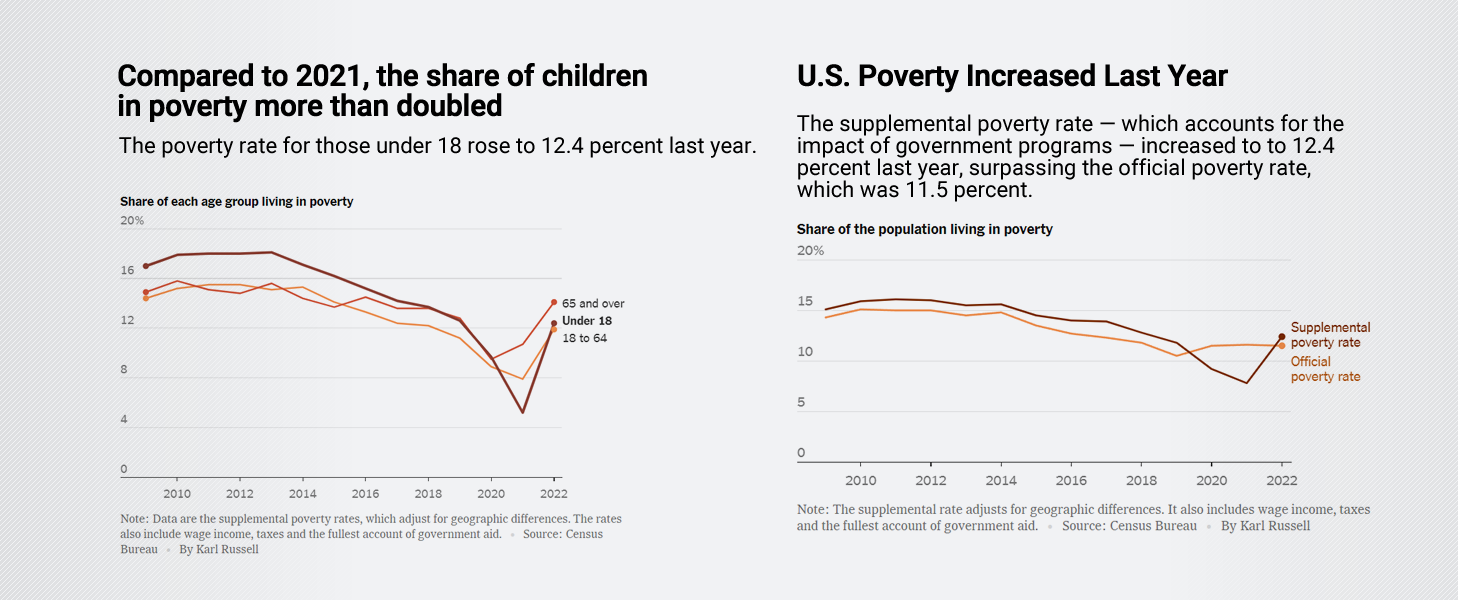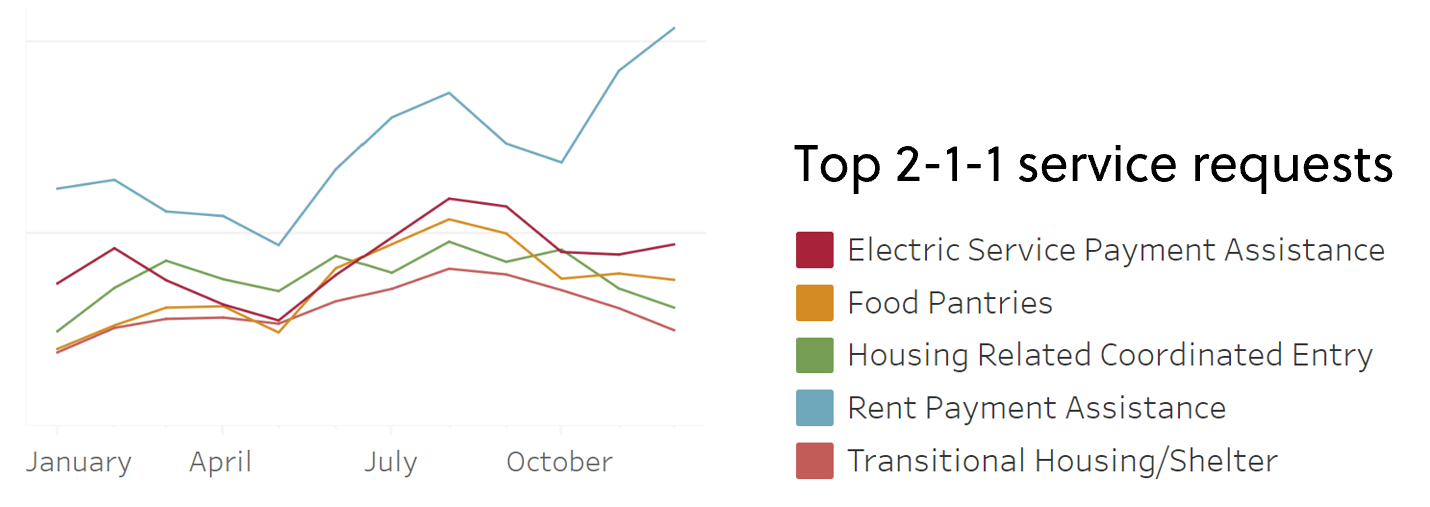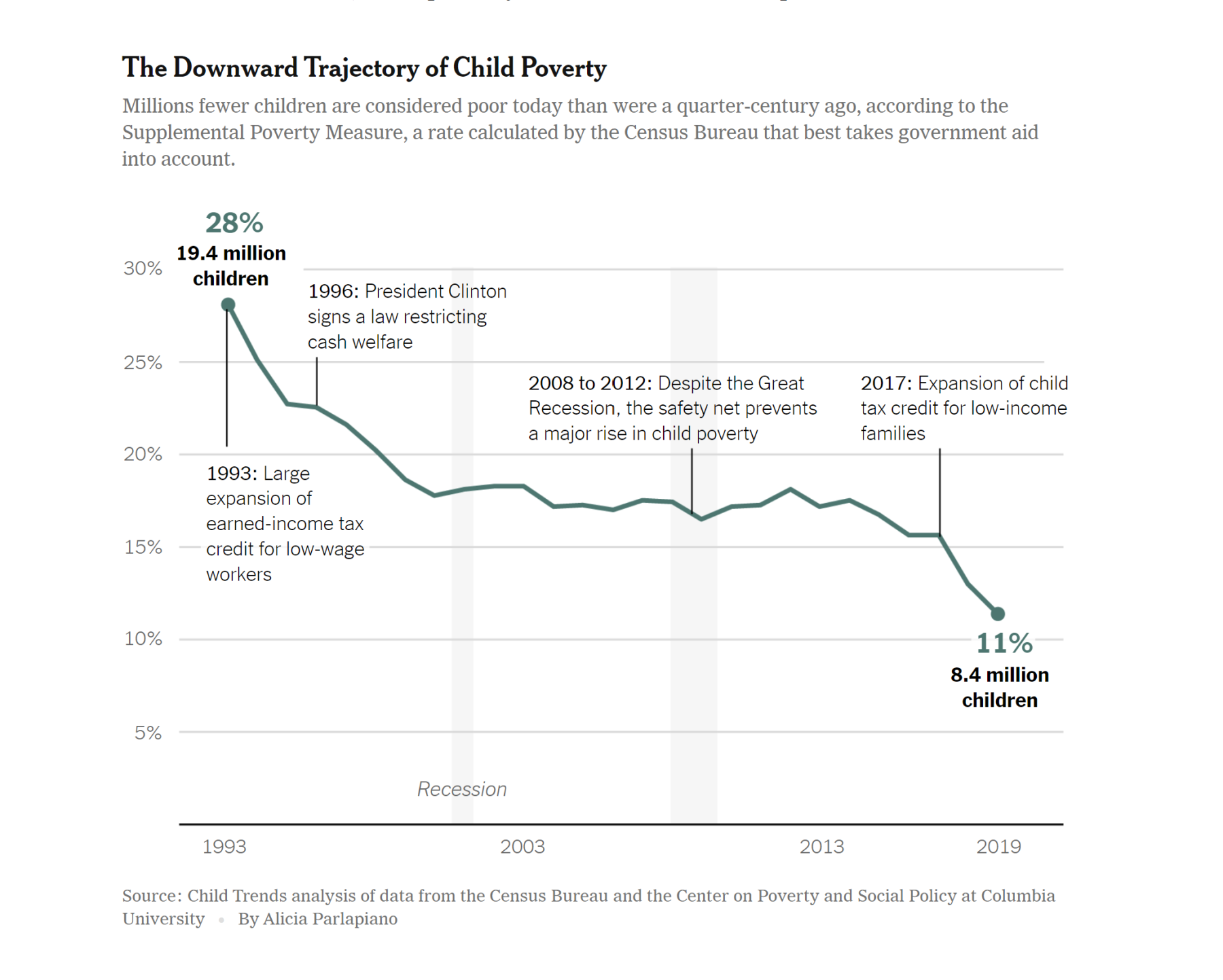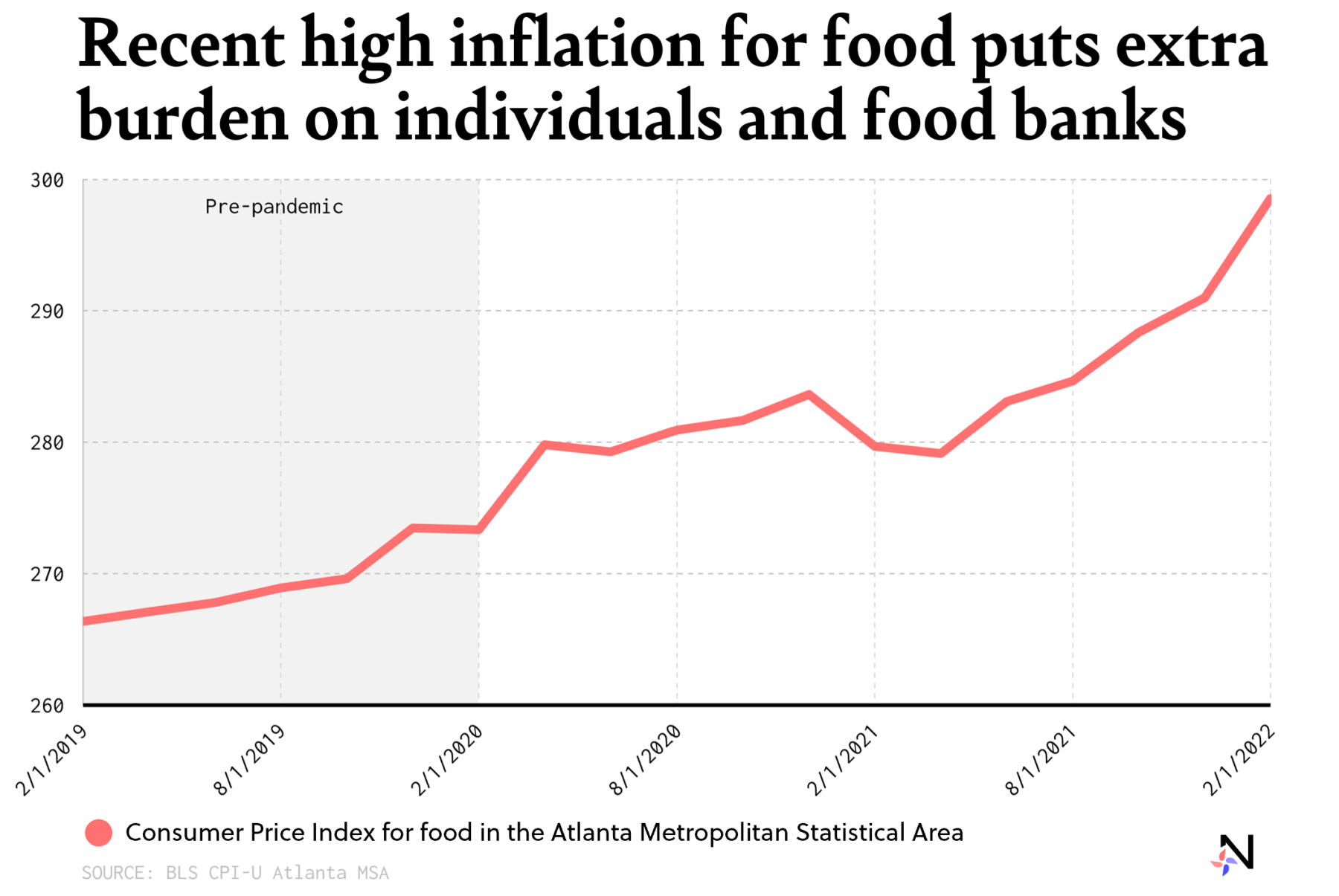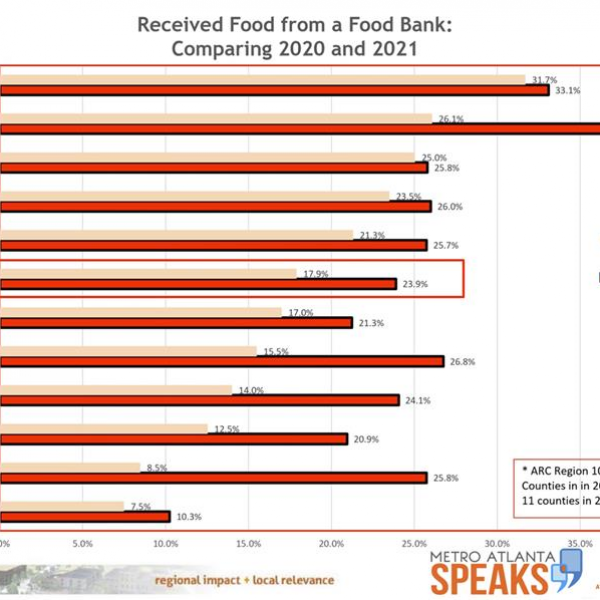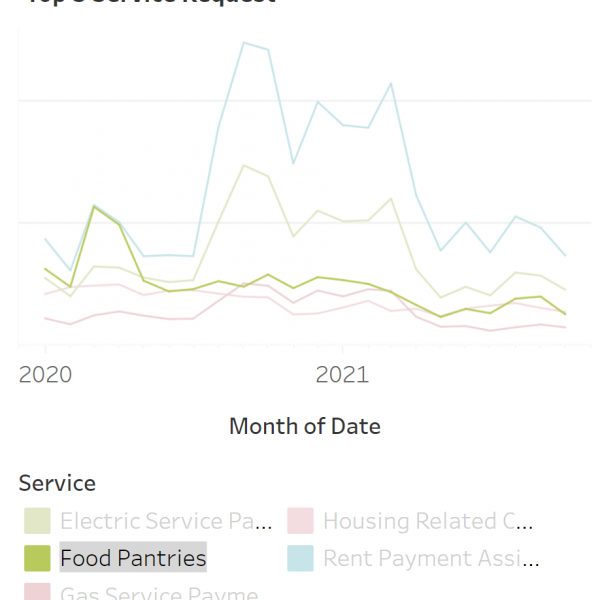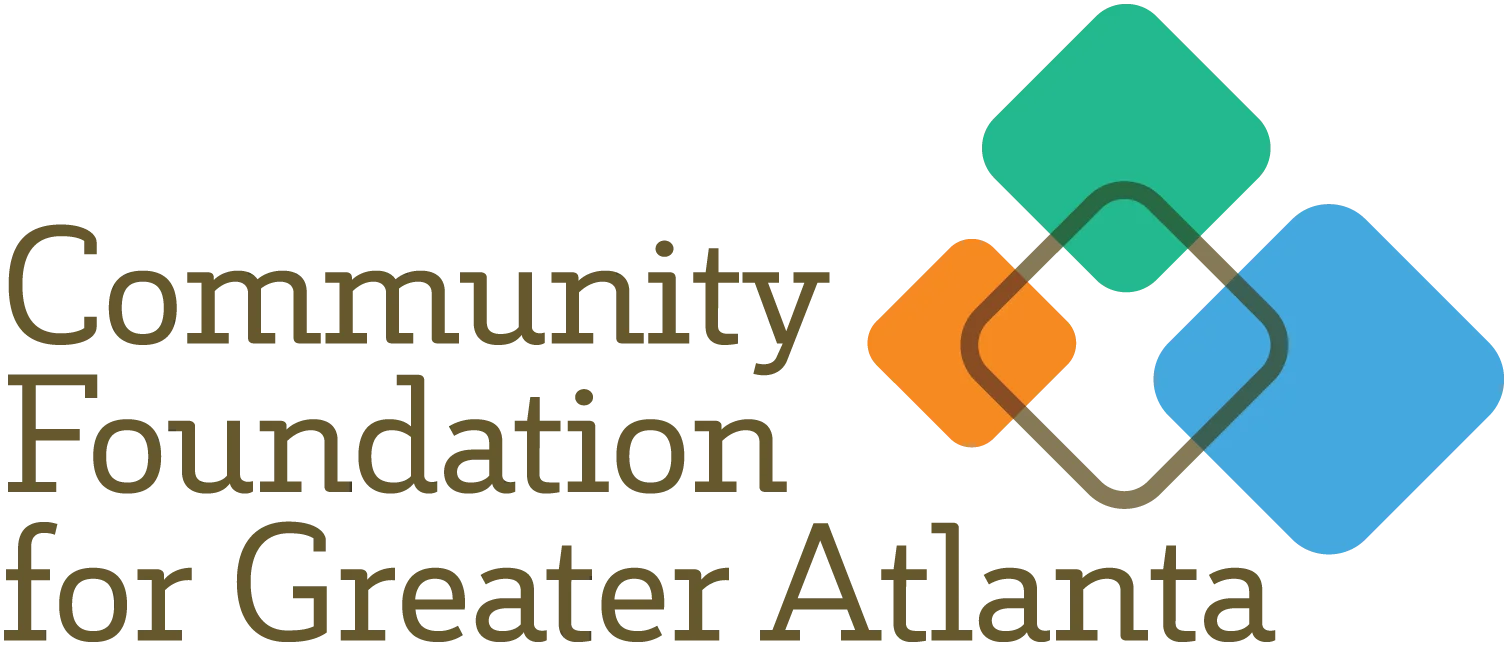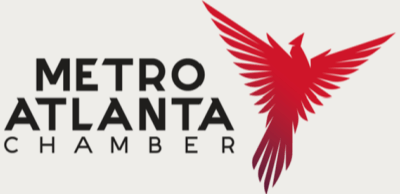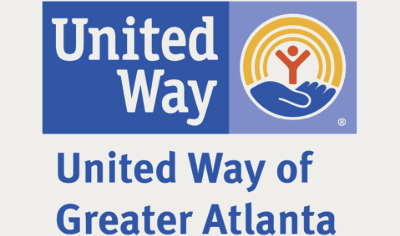Inflation and cost of living ranked as top concern for Latinos in Georgia
Puente para la Gente is an initiative from GALEO, GALEO Impact Fund, the Latinx Alliance, and other organizations to encourage participation all over Georgia. The 2023 survey, curated by BSP Research, captured what is needed, wanted, and what is contributed by the Latinx community.
Key takeaways:
- Nearly half of Latinos in Georgia cite inflation and cost of living (47%) as the most important issue to address, followed by improving wages and jobs (35%) and lowering the cost of health care (30%).
- 17% cited women’s reproductive rights and abortion rights as a top issue in the community and 71% of Latinos said they strongly support passing a law guaranteeing access to abortion for people who need it.
- A large majority of respondents expressed support for policies to improve access to higher education regardless of immigration status, safeguarding voting rights for all Americans, and affordable housing and renters’ rights.
- At least half of the respondents had to postpone medical care due to economic hardships. Other reasons for economic distress were the need to have a second job or side hustle and postponing paying certain bills.
- Climate change and other environmental issues are issues of great concern for respondents.
See the detailed results of the survey and the press conference here.


